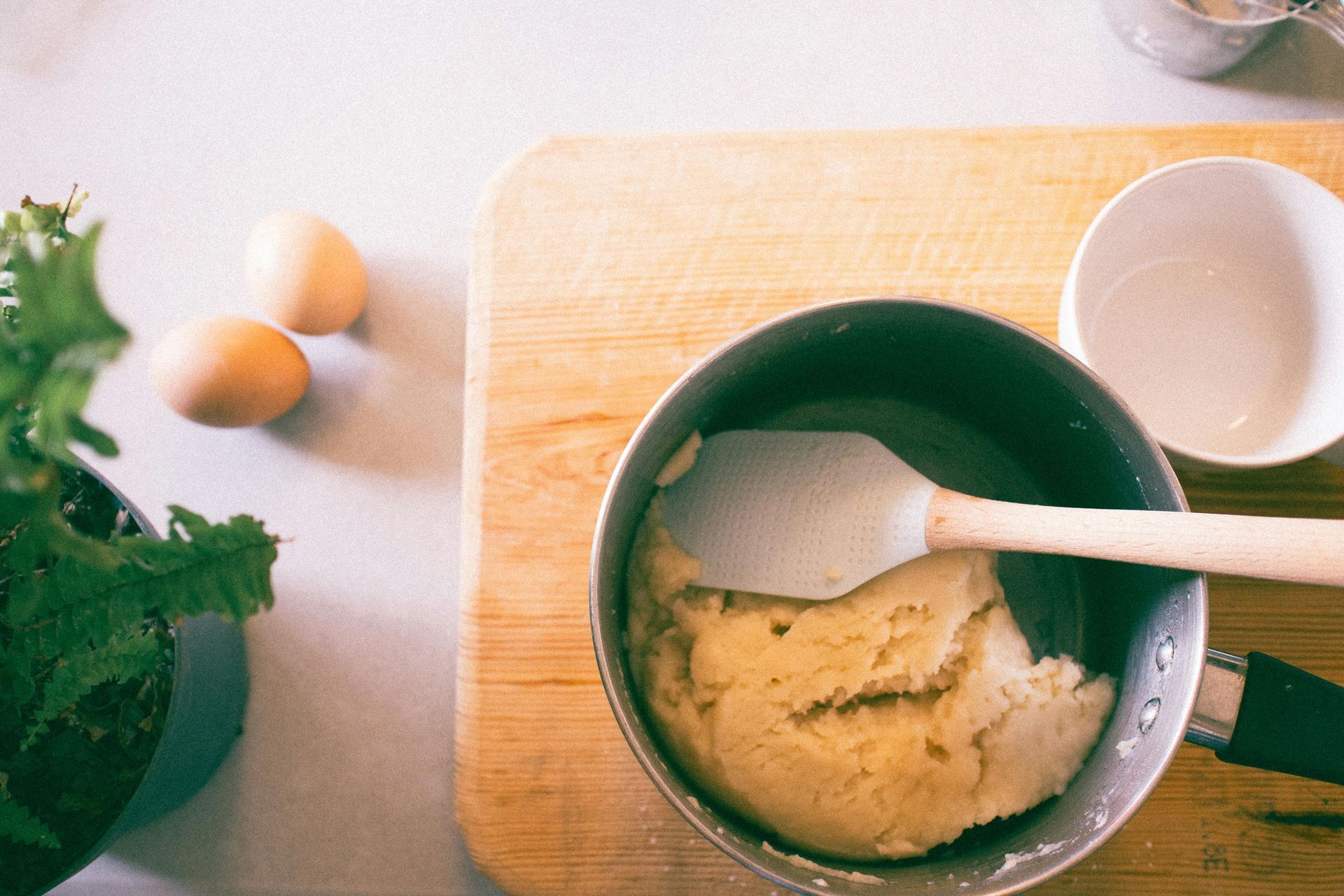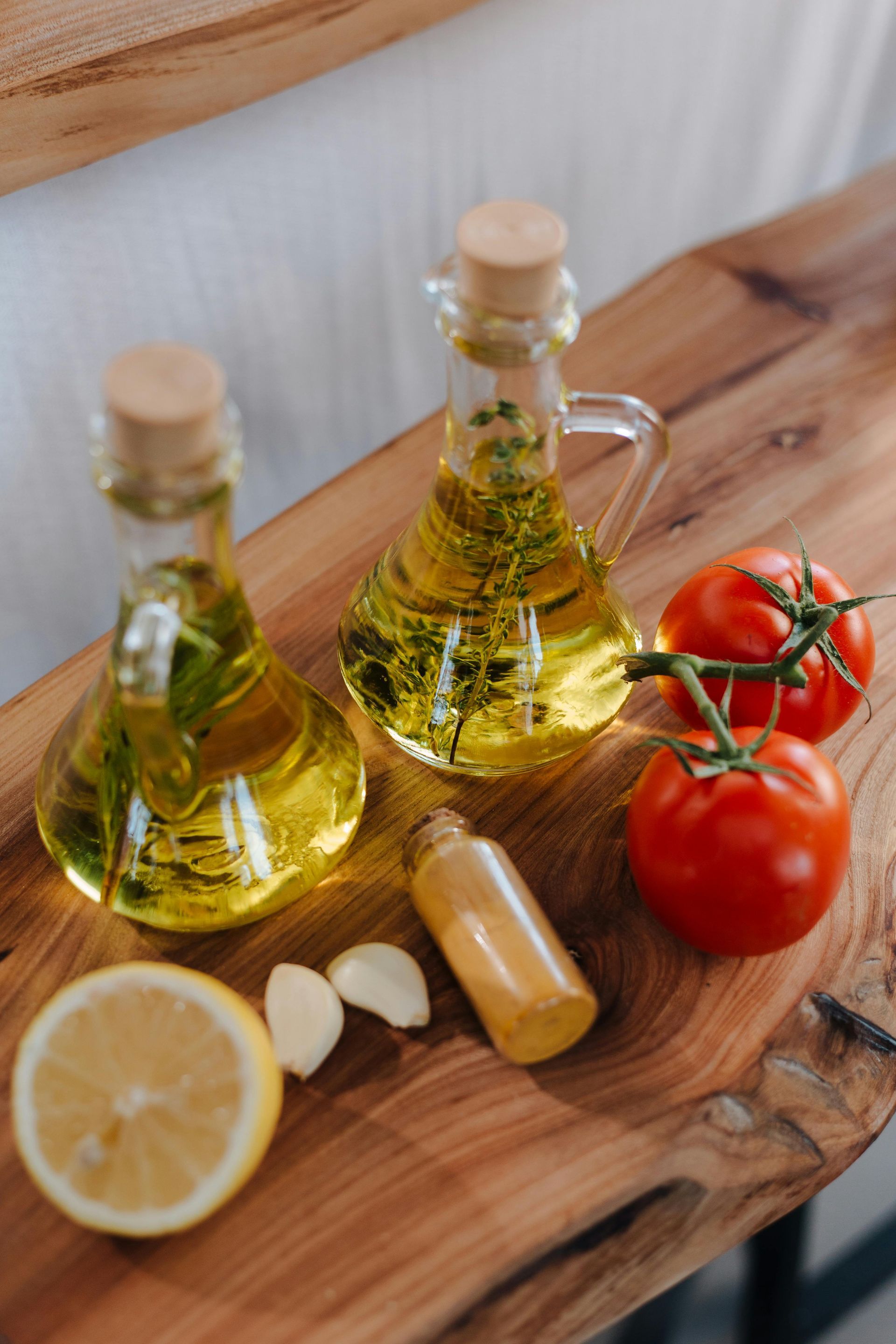On The Plate
with Robert Peers
How to Dispose of Cooking Oil Properly
Why Proper Disposal of Cooking Oil Matters
Used cooking oil is a common byproduct of frying and sautéing, but many people don’t know the right way to dispose of it. Pouring it down the sink may seem convenient, but it can lead to clogged pipes, expensive plumbing repairs, and environmental harm. Cooking oil solidifies as it cools, leading to blockages in household drains and even contributing to large-scale sewer problems known as "fatbergs."
To keep your kitchen and the environment safe, it’s essential to use proper disposal methods.
Can You Reuse Cooking Oil?
Before disposing of oil, consider whether it can be reused. Many cooking oils, such as vegetable, canola, and peanut oil, can be filtered and stored for multiple uses. To do this:
- Allow the oil to cool completely.
- Strain out any food particles using a fine mesh strainer or cheesecloth.
- Store the oil in a clean, airtight container for future cooking.
However, if the oil smells rancid, has a thick consistency, or appears cloudy, it’s time to discard it.
Best Ways to Dispose of Used Cooking Oil
If your oil can’t be reused, here are safe ways to get rid of it:
- Solidify and Toss – If you’ve used a small amount of oil, let it cool, then mix it with an absorbent material like coffee grounds, cat litter, or paper towels before throwing it in the trash.
- Recycle It – Many cities have collection sites that accept used cooking oil for recycling. Some companies even convert it into biodiesel fuel. Check your local waste management guidelines for drop-off locations.
- Use a Sealed Container – If recycling isn’t an option, pour the cooled oil into a non-recyclable, leak-proof container (like a milk carton or plastic bottle) and discard it with regular trash.
- Composting (For Small Amounts) – Some plant-based oils, like olive or coconut oil, can be composted in moderation. However, large amounts can create an imbalance in your compost pile, attracting pests.
What NOT to Do When Disposing of Cooking Oil
- Never pour oil down the drain – It can cause severe plumbing issues.
- Avoid throwing oil directly in the trash – It can leak and create a mess.
- Don’t dump oil in your yard – It can harm soil and wildlife.
By following these simple steps, you can dispose of cooking oil in a way that’s safe for your home and the environment.
More Cooking Tips
On The Plate
with Robert Peers
All Rights Reserved | On The Plate with Robert Peers | Website by CCC


